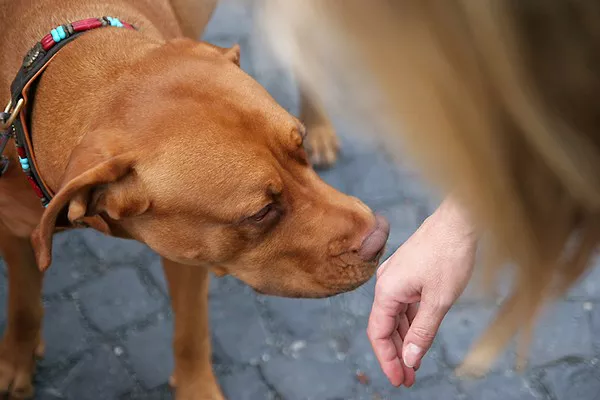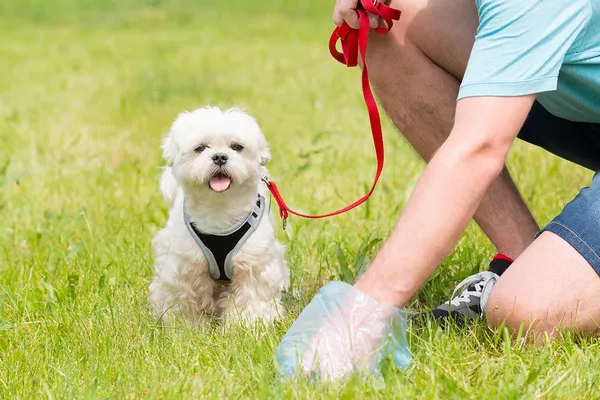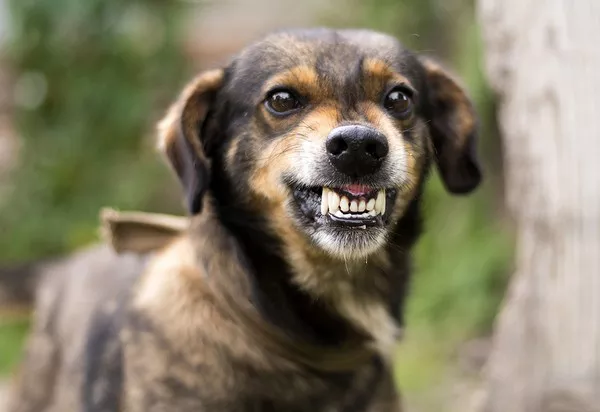The Competition and Markets Authority (CMA) has issued a warning that pet owners might be paying excessively for medicines or prescriptions, based on the findings of a review initiated last year. With 56,000 responses received during the investigation, the CMA highlighted concerns regarding pet owners struggling to access essential information, including price lists.
The British Veterinary Association emphasized that veterinarians are fundamentally motivated by animal welfare. However, the CMA, expressing concerns over the rapidly rising costs of urgent treatments for the 16 million UK pet owners, has provisionally decided to launch a formal market investigation, potentially allowing direct intervention in the future.
The veterinary industry, now valued at £2 billion, witnessed a surge in pet ownership, reaching two-thirds of UK households during the COVID-19 pandemic, according to the CMA. The watchdog noted worries about concentrated local markets, potential lack of competition in certain areas, and large corporate groups possibly influencing choices.
CMA Chief Executive Sarah Cardell stated, “The unprecedented response we received from the public and veterinary professionals shows the strength of feeling on this issue is high and why we were right to look into this.” She added that the review identified several concerns in the market, such as potential overpayment for medicines, insufficient information for pet owners, and outdated regulatory frameworks.
Malcolm Morley, Senior Vice President of the British Veterinary Association, advised customers to engage in open and honest conversations with their vets about costs. While emphasizing the industry’s commitment to animal welfare, Morley acknowledged hidden costs associated with pet care, including equipment and expertise.
Morley also pointed out factors contributing to recent price increases, such as advanced and expensive equipment entering the market. He emphasized the challenge of balancing the right treatment for animals with the increasing costs of diagnostics and treatment.
The CMA’s report also highlighted changes in the ownership structure of vet practices. Independent practices, constituting 89% of the UK veterinary industry in 2013, declined to approximately 45% by 2021, raising concerns about potential impacts on competition and consumer choice. The CMA’s provisional decision to conduct a formal market investigation suggests a commitment to addressing the identified issues and ensuring fair practices in the pet medicine and veterinary sector.


























